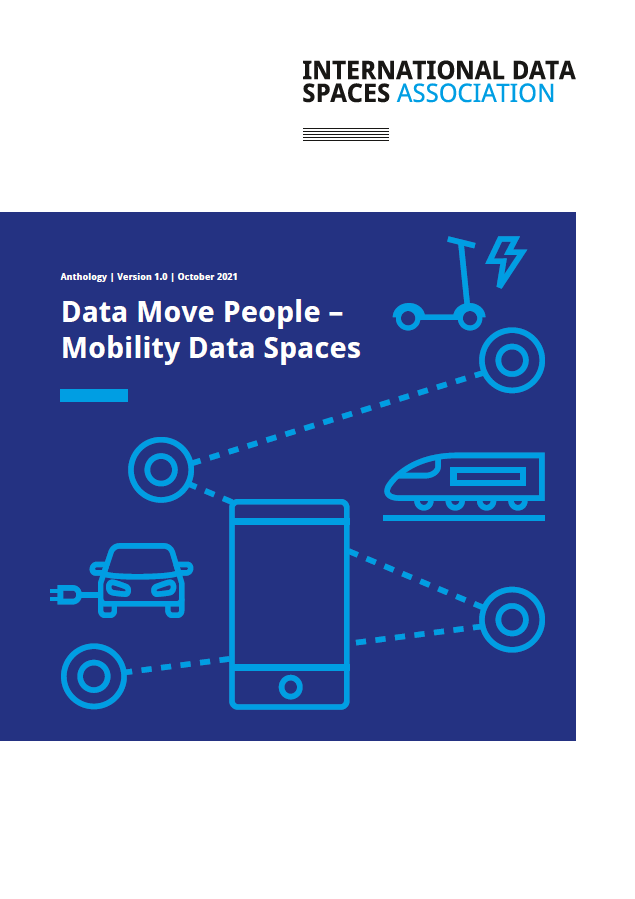At the ITS Mobility World Congress in Hamburg from October 11 to 15, the Mobility Data Space will be unveiled. It is the first data space in Germany that is fully implemented on top of the International Data Spaces (IDS) standard for sovereign data sharing.
Within the Mobility Data Space, the advantages of an IDS-based model of data sharing become apparent. Innovative, environmentally sustainable, and user-friendly mobility concepts require interaction between many different service providers and platforms. For this to happen, and to make it easy and seamless for the end-user, different and often competing parties need to come together and share their data. This is where the IDS standard ensures that data can be exchanged in a way that guarantees the data sovereignty of the data providers. They are free to determine the specific terms and conditions of their transaction agreement.
“The Mobility Data Space is laying the foundation for the data-driven mobility of the future and is a unique demonstration of how sovereign and IDS-compliant data sharing across varied markets and sectors can translate into real value for customers.”
Lars Nagel, CEO of IDSA
The Mobility Data Space brings together a wide range of data from public and private sources by connecting local, regional, and national platforms. Participants of the data space, like car rental companies or public transportation providers, can take advantage of full data standardization and compatibility.
The Mobility Data Space:
- gives all users equal and transparent access to relevant data,
- guarantees data sovereignty and security,
- brings together data from public and private sources and services by connecting local, regional and national platform
More than 200 stakeholders from science, business, and public administration were involved in the conception of the Mobility Data Space. They realized more than 60 use cases – from smart parking to multimodal mobility and accident-free driving. The next step for the success of the Mobility Data Space is growth. The more participants the data space has, the better the data pool will be. And the better the data are the higher the quality of the services that providers will be able to offer.
In order to accelerate growth, IDSA has formed a mobility community, that already comprises such high-profile partners as VW, Deutsche Telekom, FIWARE, and TNO.
In our new paper ‘Data Move People – Mobility Data Spaces’, the mobility community explores in-depth how data sharing can transform the future of mobility. The authors document the advantages of intermodal transportation and the idea of mobility as a service and explore the ways in which these advantages can make available to consumers and providers alike.





